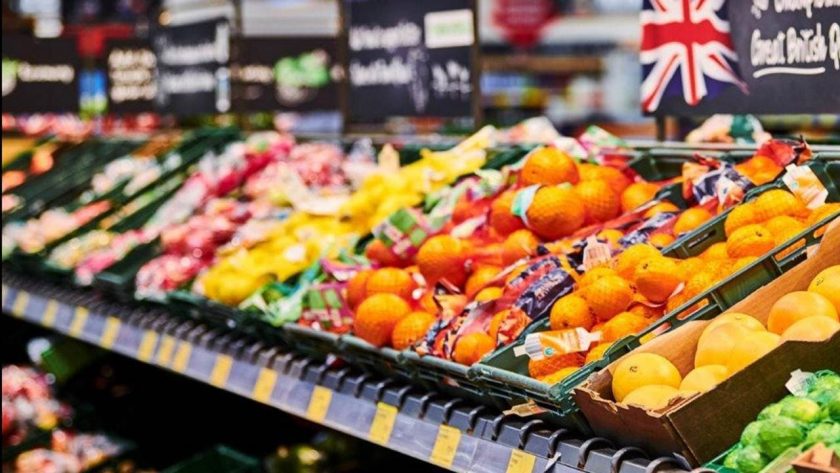UK grocery price inflation dips slightly

Latest data reveals that grocery price inflation in the UK has marginally decreased, falling to 17.3% in the four weeks leading up to 16 April, down from the 17.5% recorded in the previous four weeks.
However, analysts at Kantar warn it is too soon to call the peak.
According to Fraser McKevitt, Head of Retail and Consumer Insight at Kantar Worldpanel, the dip in grocery price inflation does not necessarily mean lower prices, but rather that prices aren’t increasing as quickly.
In response, consumers are turning to own label lines, with sales growth of 13.5% in the latest period. The very cheapest value own label lines have experienced a staggering 46% sales growth year on year.
As prices continue to rise, discount supermarkets Aldi and Lidl achieved new record market shares during the 12-week period, at 10.1% and 7.6% respectively.
Lidl saw sales increase by 25.1%, making it the fastest-growing grocer, with Aldi closely following at 25.0%.
Consumers are shopping around, visiting at least three major retailers per month on average.
Aldi’s market share has doubled since 2015, demonstrating the intense competition in the sector.
Despite the pressure on household budgets, UK shoppers embraced Easter festivities, purchasing 38 million chocolate eggs and treats in the week leading up to Easter Sunday.
On average, households spent nearly £14 on Easter chocolate during the month, equating to around six packs per household.
Hot cross bun sales also increased by 5%, while 3.4 million households bought a lamb joint for their seasonal roast.
With three bank holidays scheduled for May, including the Coronation, grocery sales could be affected.
During the Platinum Jubilee week last year, sales were £87 million higher than the 2022 average. The market will be closely monitoring the impact of these events on sales.
The largest grocers experienced similar growth rates in the 12 weeks to 16 April 2023. Asda’s sales increased by 8.8% year on year, capturing a 14.0% market share.
Tesco and Sainsbury’s followed with sales increases of 8.0% and 8.7%, holding 27.0% and 14.9% market shares respectively. Morrisons, Co-op, Waitrose, Iceland, and Ocado also saw sales growth during the period, further highlighting the competitive nature of the UK grocery market.
Spotted something? Got a story? Email: [email protected]
Latest News
